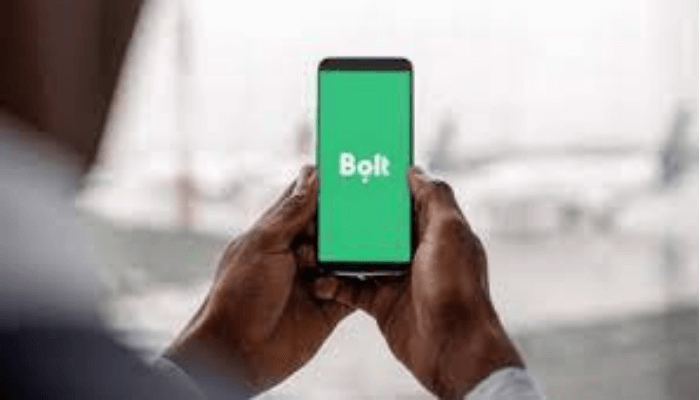Bolt is considering a fare increase in Lagos following a 45.38 percent rise in the price of Premium Motor Spirit (PMS), which has surged from N617 to N897 per litre. This comes after two months of persistent fuel scarcity and a recent admission by the Nigerian National Petroleum Corporation (NNPC Limited) that it is facing financial strain.
Rising fuel costs have already prompted some ride-hailing app users to embrace public transport due to higher fares. This latest fuel price hike is the second major increase since the removal of fuel subsidy in May 2023, when prices tripled from around N200 per litre. In response to that initial hike, Uber and Bolt raised their base fares by 40 percent and 17 percent, respectively.
“From 2 June 2023, ride prices in Nigeria are changing due to increased operating costs drivers incur while driving with Bolt,” Bolt said.
This recent fuel price hike is expected to raise operating costs for ride-hailing drivers. According to Femi Adeyemo, Bolt’s communication manager, the company recently increased prices in Abuja. It increased its minimum fare from N1,300 to N1,495, while the start fee was adjusted from N737 to N884 in the federal capital.
Read also: Petrol price hike: NLC cries foul, threatens strike
Similar increases are likely to follow in other cities, including Lagos, as fuel prices continue to rise, Adeyemo noted. “We have to do the analysis to ensure that the price is fair enough for drivers to make a profit and that we’re not putting too much pressure on the riders,” he said.
He later attempted to book another ride to Eko Hotel from Obalende, only to be quoted N6,000. Ultimately, he chose a bus ride costing N500, which used to cost N300.
Others have shared similar experiences on social media. “It was today I learnt the way to my office by bus. Yaba to Obalende – 1k. Obalende to Lekki – 1k. Lekki to inside Lekki – 200. Uber was 7900 – one way,” tweeted @dadaomolara194.
@Ife_AA, tweeted “I saved N9,000 by choosing Danfo.” @damiolopade_, added, “This is why I did not go for clearance today. Tomorrow morning like this, I go enter bus for Freedom Way. You people will not render me bankrupt.”
When ride-hailing companies first raised their prices, the Amalgamated Union of App-Based Transport Workers of Nigeria expressed disappointment, having called for a 200 percent increase and a minimum fare of N2000.
Any future fare increases will likely consider Nigeria’s challenging macroeconomic conditions, including an inflation rate of 33.4 percent as of July 2024. “High inflation, particularly in food prices, has eroded purchasing power, negatively impacting consumer spending – a critical driver of economic growth,” analysts at Comercio Partners Research recently noted.

